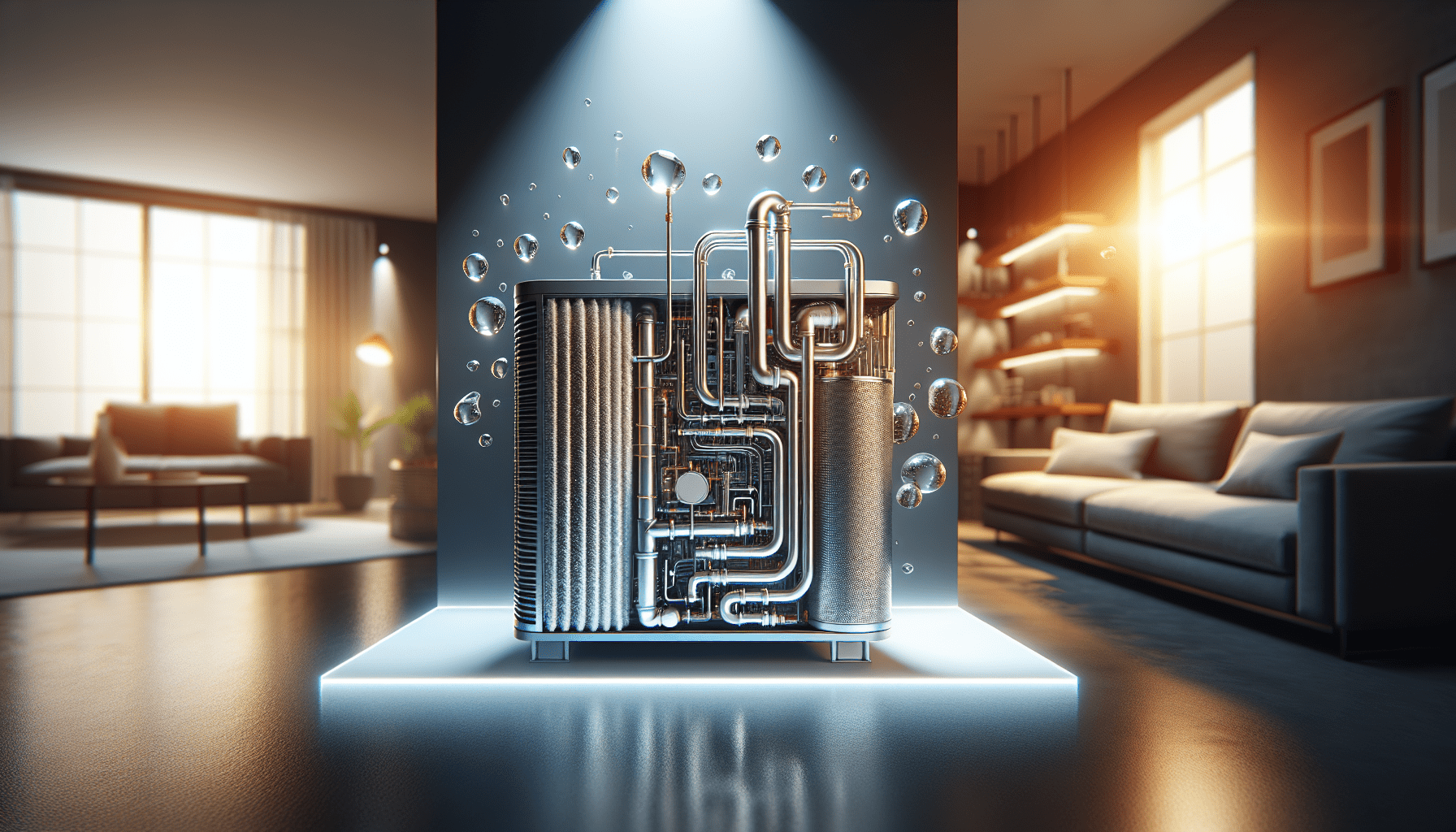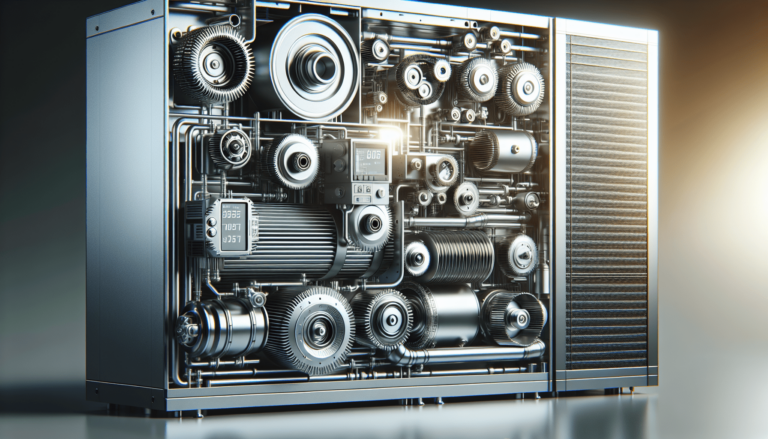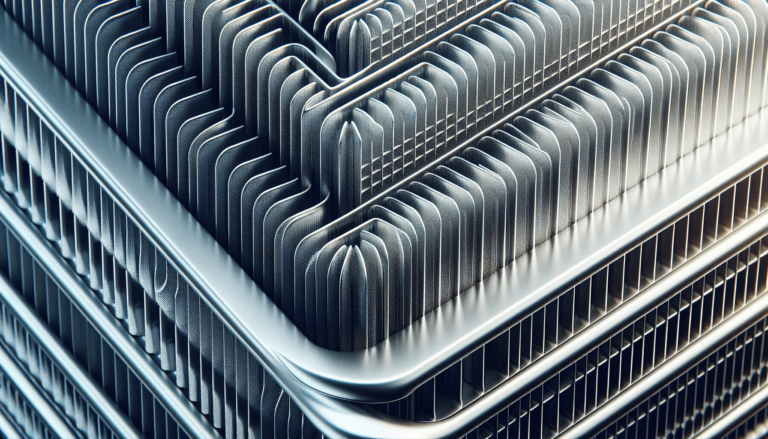

HVAC Services
Get Professional Repairs From The Area's Trusted HVAC Technicians. Ask About Our Services! We Offer Professional Heating & Cooling System Repairs And Guarantee Long-Lasting Results.
Got Question? Call us: (850) 678-2665Financing
Preventing And Addressing HVAC Water Leaks
Prevent HVAC water leaks with humor and insight! Discover causes, prevention tips, and more in this witty guide to protecting your system and your sanity.

Have you ever noticed water pooling around your HVAC system? If so, you’re not alone. Many people face this issue, leading to damage if not addressed promptly. Water leaks are a common problem with heating, ventilation, and air conditioning systems. Fortunately, there are steps you can take to prevent and address these leaks effectively. Let’s explore what causes HVAC water leaks and how you can tackle them.
Understanding HVAC Water Leaks
Water leaks in HVAC systems can cause significant damage if ignored. They can lead to mold growth, structural damage, and reduced system efficiency. Understanding the root cause of these leaks is crucial for prevention and repair.
How Do HVAC Water Leaks Occur?
Water leaks often originate from the components that handle cooling and condensation. During the cooling process, your system extracts humidity from the air, turning it into water. This water should drain away from your unit. However, if this process malfunctions, a leak occurs.
Common Causes of HVAC Water Leaks
Several factors may contribute to water leaks. These include clogged drain lines, frozen evaporator coils, cracked drain pans, and malfunctioning pumps. Each of these issues can disrupt the normal drainage process.
Clogged Drain Lines
A clogged condensate drain line is a frequent cause of leaks. This line removes collected water from the system. Dirt or algae can block the line, causing water to back up and leak out.
Frozen Evaporator Coils
When airflow is restricted, evaporator coils may freeze. Once the system is turned off, the ice melts, causing excess water that exceeds the draining capacity.
Cracked Drain Pans
A drain pan catches the water formed during condensation. If it cracks or rusts, the water will escape instead of draining away safely.
Pump Failures
Systems with vertical units often use pumps to move water. If a pump fails, water can back up. Inspecting and fixing a faulty pump can prevent leaks effectively.
Preventing HVAC Water Leaks
Preventing HVAC water leaks requires regular maintenance and attentive care. Being proactive can save you from costly repairs and ensure your HVAC system operates efficiently.
Regular Maintenance Checks
Scheduled maintenance is vital. An HVAC technician can inspect your system, clear drain lines, check for cracks, and ensure everything functions properly. Regular checks can identify potential issues before they turn into significant problems.
Proper Installation
Ensure your HVAC system is installed correctly. Improper installation can lead to a variety of issues, including leaks. A professional technician will ensure your system is level and all parts are secure.
Monitoring Humidity Levels
High humidity increases condensation. Monitor and maintain indoor humidity levels to reduce stress on your HVAC system. Use dehumidifiers if necessary to maintain optimal air quality.

Addressing Existing Water Leaks
Addressing water leaks promptly is crucial to avoiding further damage. Follow these steps to deal with leaks effectively:
Shut Off the System
As soon as you notice a leak, turn off your system to prevent further water damage or electrical issues. Allow your system to drain any excess water safely.
Inspect Drain Lines and Pans
Check the condition of your drain lines and pans. Look for blockages, cracks, and signs of wear. Clear any clogs and replace any damaged components to restore proper drainage.
Insulate Refrigerant Lines
Condensation can form on exposed refrigerant lines, especially if they’re in humid areas. Insulate these lines to prevent moisture buildup and potential leaks.
Call a Professional
If you’re unable to address the problem yourself, or if it persists, contact an HVAC professional. They have the tools and expertise to diagnose and fix complex issues.
Why Addressing Water Leaks Matters
Ignoring water leaks invites numerous risks. Beyond equipment damage, leaks can lead to indoor air quality issues. Mold and bacteria thrive in damp environments, posing health hazards to building occupants.
Protecting Your Investment
An HVAC system is a substantial investment. Regular maintenance and prompt attention to leaks extend its lifespan, ensuring you get the most from your investment.
Ensuring Health and Safety
Water leaks can foster mold growth, leading to respiratory issues and allergies. Keeping your system leak-free protects your indoor environment and preserves health.

The Benefits of Professional Maintenance
While some maintenance tasks are easy to perform yourself, professional care offers comprehensive protection. HVAC technicians have the tools and training to identify and resolve issues effectively before they escalate.
Detailed Inspections
Professionals conduct detailed system inspections, spotting hidden issues that may cause leaks. They offer solutions that ensure your system remains leak-free and works efficiently.
Long-term Savings
Routine professional maintenance helps avoid costly repairs. By ensuring your system is in top shape, you save money in the long run through efficient operation and extended equipment life.
Troubleshooting Tips
While calling a professional is always a safe choice, some issues can be resolved on your own. Here are some practical tips:
Regularly Check Air Filters
Dirty air filters restrict airflow and cause coils to freeze. Regularly replacing or cleaning filters helps maintain efficient airflow and prevents freezing.
Flush Drain Lines
Use a bleach solution every few months to keep the condensate drain line clear of blockages. This preventive measure saves time and potential water damage.
Inspect for Ice
If you notice ice on evaporator coils, switch off your system. This issue often signals a problem with airflow or refrigerant levels, which might require professional attention.
Summing It Up
Water leaks in HVAC systems are more than an inconvenience—they spell trouble for your home and health. By understanding the causes and implementing preventive measures, you preserve your system and promote a healthy indoor environment. Consider scheduling regular maintenance appointments to keep your HVAC system in top working condition.
Remember, addressing HVAC water issues promptly is essential. For more specific guidance on dealing with leaks, you might want to consult experts in your area who can provide local knowledge and service tailored to your system’s needs.
For professional input, reach out to:
Tempacure Heating and Air Conditioning
325 Cedar Ave S
Suite B
Niceville, FL 32578
(850) 678-2665
Tempacure’s Website
Taking swift action will not only enhance the comfort and safety of your space but also protect your HVAC investment for years to come.







